Professor Raskolnikov at the Lectern
14 fictional characters who wouldn’t do anything by the book

All of us benefit from good teachers, but how much more engaging might school be if certain characters from literature were giving the lectures? Below, our editors pick the fictional personae they would most like to see leading a class.
Jack Burden
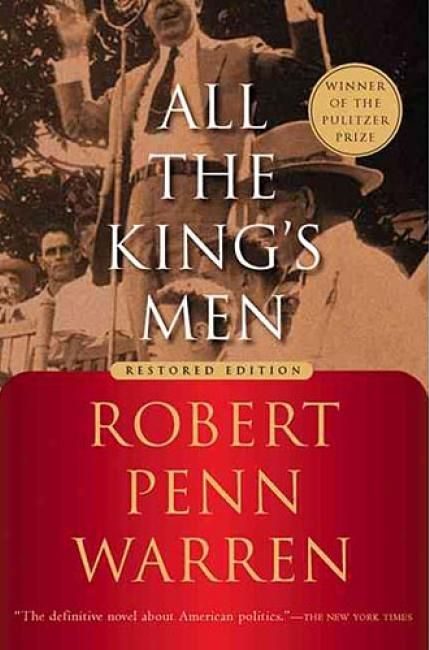
I’d like to study either journalism or history with Jack Burden, the narrator in Robert Penn Warren’s All the King’s Men. He has seen demagoguery up close in the person of Governor Willie Stark, and as Stark’s aide has been befouled by this connection, but he never relinquishes his belief in truth and the value of history.—Robert Wilson
Odysseus

When it comes to cunning and guile, few literary characters can come close to Odysseus. His brain and his tongue are put to heroic use in The Odyssey, yet his treachery often leads to morally dubious actions, for example, when he attempts to trick Philoctetes into returning to the Trojan War after abandoning him on an island for 10 years. How wonderful and instructive would it be to take an ethics class with Odysseus?—Sudip Bose
Mrs Whatsit, Mrs Who, and Mrs Which
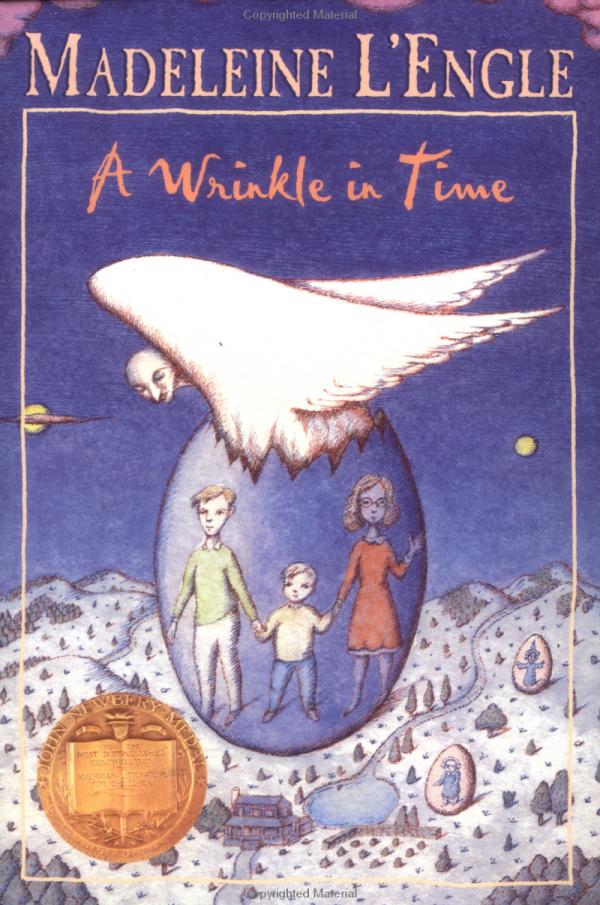
One moment, in Madeleine L’Engle’s A Wrinkle in Time, 12-year-old Meg Murry, her younger brother Charles Wallace, and her neighbor, Calvin O’Keefe, are standing in her back yard. The next, they’ve traveled—or “wrinkled”—through time and space to a different planet, thanks to their trio of mysterious new neighbors. Alongside madcap Mrs Whatsit, Shakespeare-quoting Mrs Who, and ephemeral Mrs Which, the children visit a two-dimensional planet, meet a star, and learn how to be brave in the face of a terrifying evil. With these three women as teachers, there would be no falling asleep in this physics class.—Katie Daniels
“Kate”
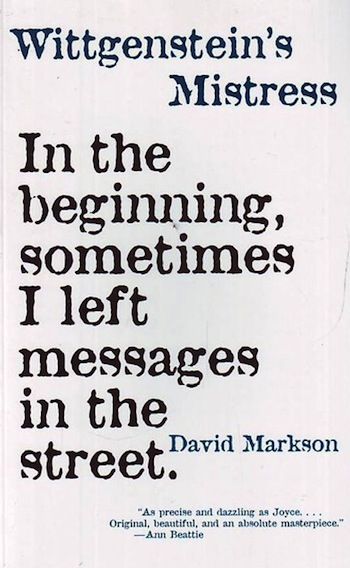
I’m a sucker for an autodidact—there’s something about the esoteric connections and ephemera that populate a self-constructed education. My favorite autodidacts from fiction are hands-down the mother and son pair from Helen DeWitt’s The Last Samurai, but I can’t in good conscience choose Sibylla as a teacher I’d like to have because in the novel we see how it all goes a bit sideways with her lone, filial pupil. Instead, I nominate Kate, the narrator of David Markson’s novel Wittgenstein’s Mistress, whose name may not even be Kate, and who is convinced she is the last person left on Earth. Is she mad? Is she a genius? I don’t care: I want her to teach me how to be alone.—Stephanie Bastek
George Smiley

George Smiley—the avuncular, quietly intimidating spymaster at the Circus, novelist John le Carré’s fictional version of Britain’s MI6—knows more about human nature (and its fundamental frailty) than anyone else, with the possible exception of his Soviet nemesis, Karla. The business of espionage feeds on an understanding of why people do what they do, what motivates them, their fears, their weaknesses, and how they might be manipulated into acting against their own best interests. Smiley is a master of this invisible world of the psyche, and I can think of no one I’d rather have had as my Psychology 101 professor.—Bruce Falconer
Aleck Maury
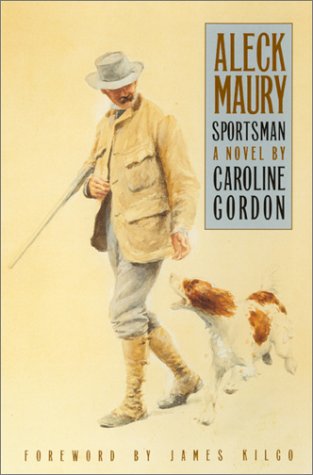
I would hate to be Aleck Maury’s son—the restless, peripatetic hero of Caroline Gordon’s novel Aleck Maury, Sportsman never has much time for his family or the domestic pleasures of home—but I would love to be his student. Maury is a committed fisherman and hunter, ever in pursuit of pristine fields and streams, but he believes above all in the importance of a rigorous classical education, of a life spent in contemplation of Virgil and the Greeks. What would I like him to teach? Classics, of course.—Sudip Bose
Circe
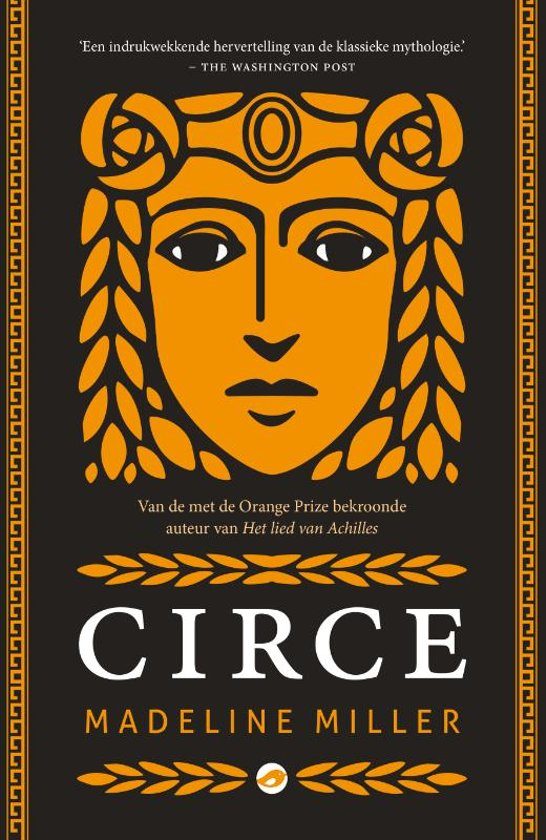
Who among us has not longed to be a witch—quick with a potion, graced by familiars, as mighty as her herbs and spells—especially in the lead-up to Halloween? The best witch I’ve met of late has to be the Circe of Madeline Miller’s retelling. Her power stems not just from some nebulous inner godly strength—in fact she spends her early life thinking she’s an ugly powerless runt—but from the expert ability to combine herbs and flowers, honed through years of dedication on Aeaea, the isle of banishment, and, ultimately, her liberation. So, Circe, if you’re listening: teach me all your occult art. Especially the bit about turning misbehaving men into pigs.—Stephanie Bastek
Alessandro Giuliani
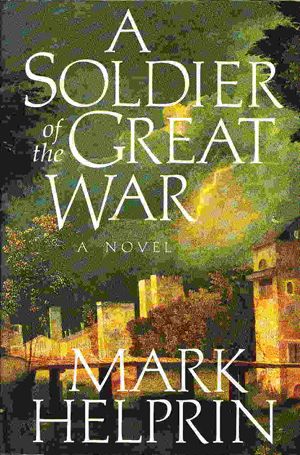
Alessandro Giuliani is the titular hero of Mark Helprin’s brilliant and capacious novel, A Soldier of the Great War. We meet him as he is nearing death, an old man wrapped up in relating the story of his life—his loves, battles, embarrassments, disappointments, and triumphs—to a young factory worker he has encountered on a trolley outside of Rome. Giuliani fought against the Austrians as a member of the Italian Alpini during some of its most desperate engagements in the mountains, and his tales of these experiences run the gamut of human experience. But the moral degradation he suffers in combat never lessens his sense of wonder at the beauty of the world. Indeed, his feel for the spiritual and aesthetic delights of life on earth are what carry him through his darkest hours. Naturally, after the war, he became a professor of aesthetics—and his is a class I hunger to take.—Bruce Falconer
The narrator from The Military Orchid
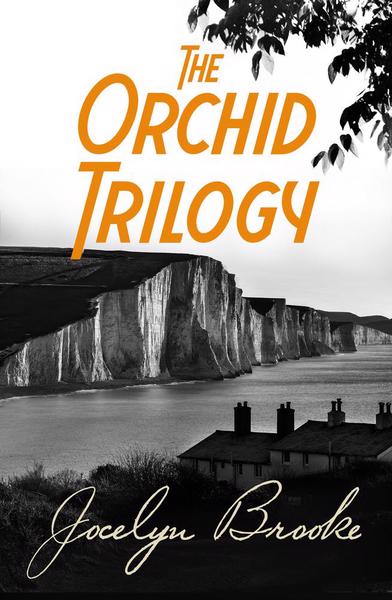
I can think of no finer instructor in the field of botany than the narrator of Jocelyn Brooke’s autobiographical first novel, The Military Orchid, the first in a loosely linked trilogy of novels describing a young man’s coming of age, from his boyhood in the Kentish countryside to boarding school and Oxford and finally to the military. His abiding obsession is flowers—in particular orchids, and specifically Orchis militaris—and the quest for this elegant, lilac-and-lavender-colored flower lies at the heart of Brooke’s nostalgic and melancholy novel.—Sudip Bose
Raskolnikov et al
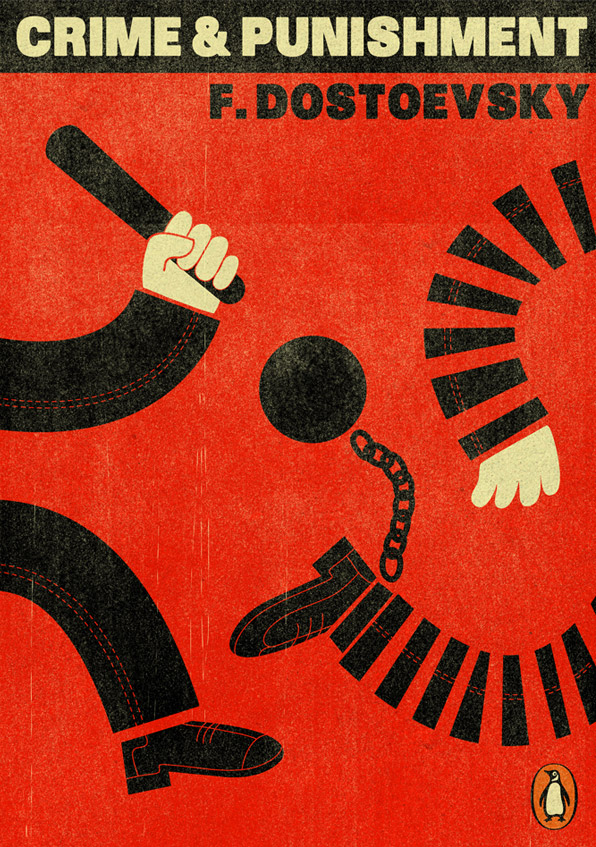
If imagining, say, Raskolnikov as your statistics professor proves difficult, perhaps a better choice would be a literary character who is already on campus. Start with Kingsley Amis’s classic Lucky Jim (Jim Dixon lectures in medieval history), or try one of David Lodge’s many characters in his Campus Trilogy, for instance Robyn Penrose in Nice Work, who specializes in the industrial novel. If those two British novels don’t appeal, try two by Americans: Randall Jarrell’s nameless narrator of Pictures from an Institution, who teaches literature, or Alison Lurie’s Pulitzer Prize–winning Foreign Affairs, featuring Vinnie Miner, a professor of kids’ lit. All of these novels are drenched in satirical wit, and even if the characters themselves are not always in on the joke, we as their students would be.—Robert Wilson

